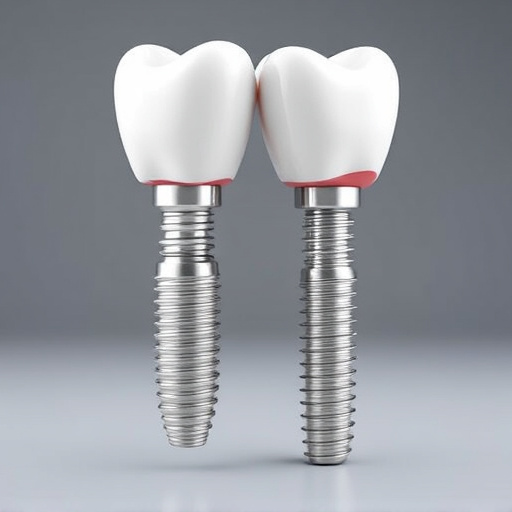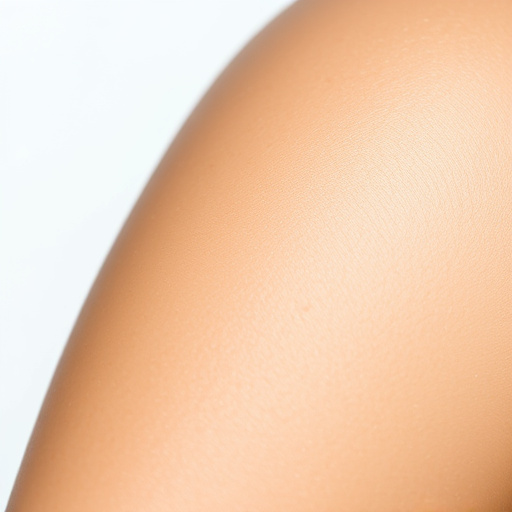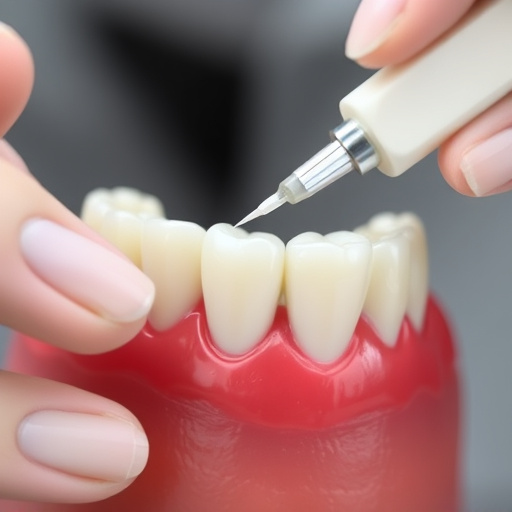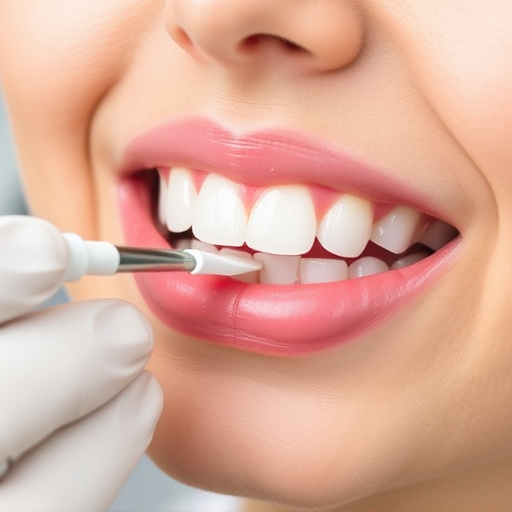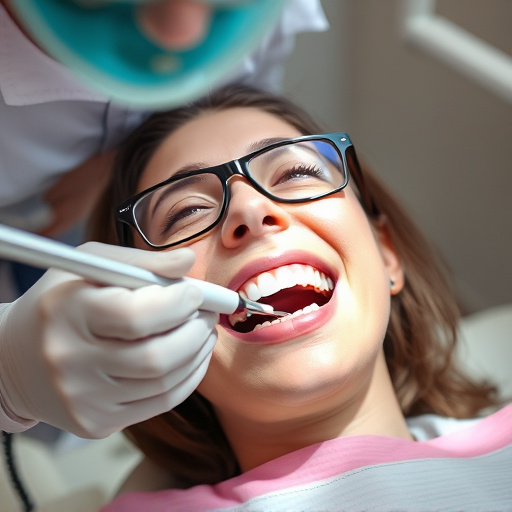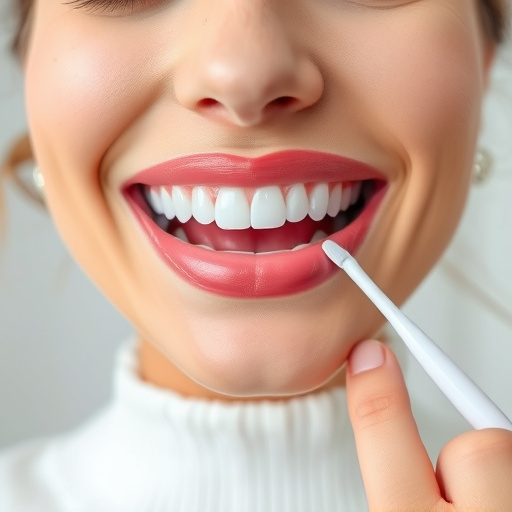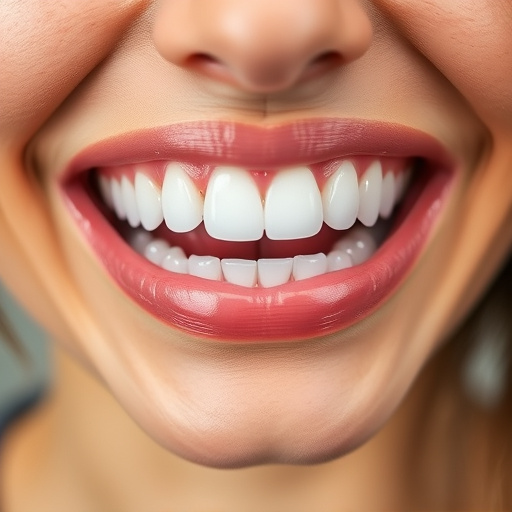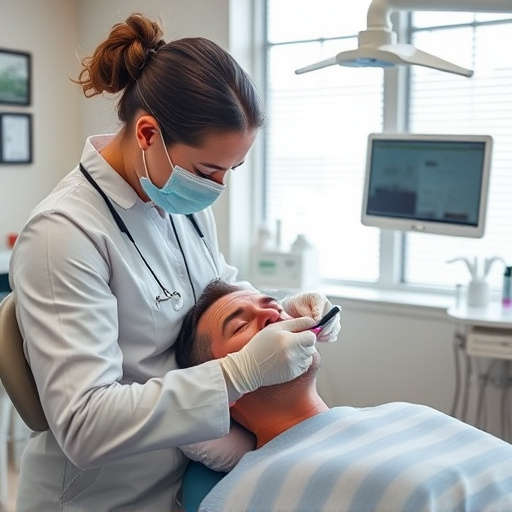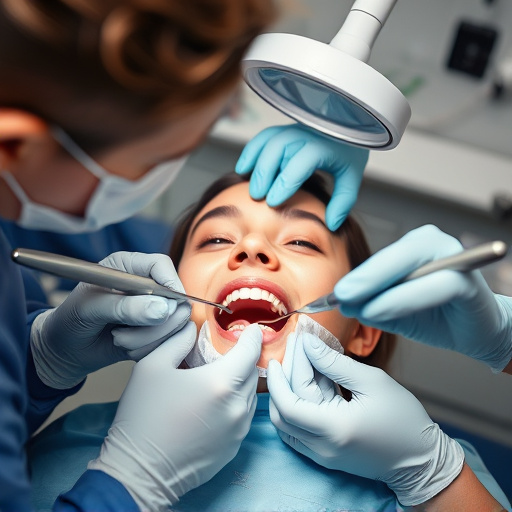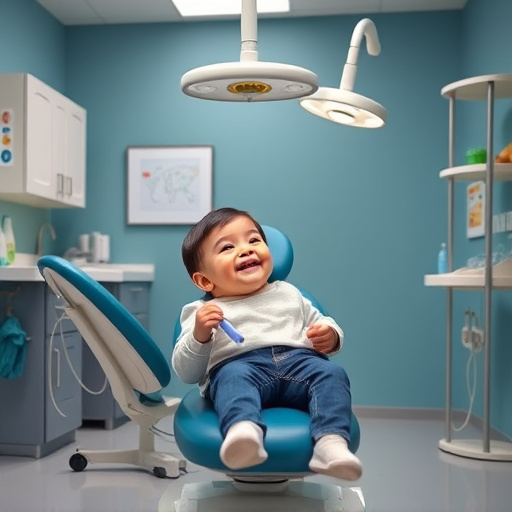Regular dental checkups and cleanings detect early tooth decay through sensitivity, discolored spots, bad breath, misaligned teeth, or damaged fillings. Advanced tools and techniques ensure prompt issue identification, preserving tooth structure with less invasive treatments. These visits educate patients on oral hygiene, dietary choices, and preventive habits for optimal long-term dental health.
A dental checkup and cleaning is more than just a routine procedure; it’s a crucial defense against oral health issues. By understanding early decay indicators, you can proactively prevent cavities and gum disease. Regular dental checkups play a pivotal role in identifying subtle changes before they become serious problems. This article explores these key aspects, from recognizing the signs of early decay to mastering effective cleaning techniques for optimal oral well-being.
- Understanding Early Decay Indicators
- The Role of Dental Checkups in Prevention
- Cleaning Techniques for Optimal Oral Health
Understanding Early Decay Indicators
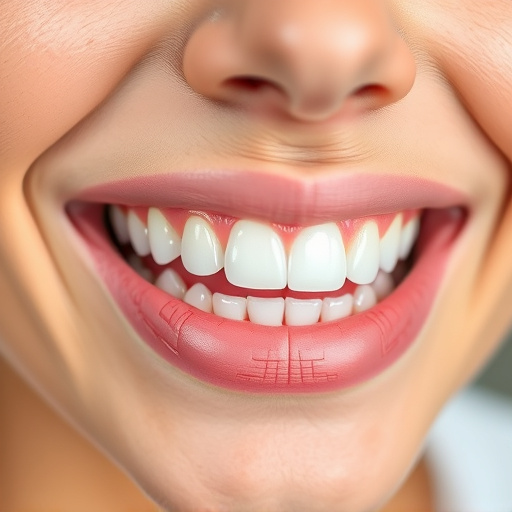
During a routine dental checkup and cleaning, your dentist is not only ensuring your teeth are clean but also examining them for any signs of decay. Early indicators can be subtle, so it’s crucial to understand what to look out for. One common sign is tooth sensitivity to temperature changes, which may indicate early cavity formation. Another visible signal could be discolored spots on the enamel, ranging from yellow to brown or black stains, often caused by poor oral hygiene or dietary habits.
Don’t overlook persistent bad breath as well; it could be a result of bacterial growth due to decay. In some cases, dental issues like misaligned teeth (which clear aligners can address) or damaged fillings might expose more of the tooth’s surface, making them susceptible to decay. Even cosmetic dentistry procedures like dental crowns should be monitored, as they too can hide underlying problems. Regular dental checkups and cleanings are your first line of defense against these potential issues.
The Role of Dental Checkups in Prevention
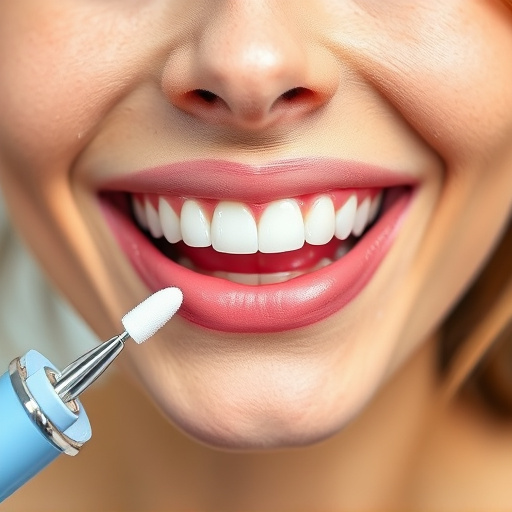
Regular dental checkups and cleanings are a cornerstone of preventive dentistry. During these visits, dentists perform thorough examinations and use advanced tools to detect even the earliest signs of decay or other oral health issues. By catching problems early, professionals can often prescribe less invasive treatments, preserving tooth structure and avoiding more complex procedures down the line. Comprehensive dental care includes not just cleaning but also educating patients on proper brushing and flossing techniques, dietary choices, and other habits that promote a healthy mouth.
For children’s dentistry, these checkups are especially crucial as they establish good oral hygiene from an early age. Regular visits help to monitor developmental milestones, guide parents on effective oral care routines, and build a foundation for lifelong dental health. Preventive measures such as fluoride treatments and sealants can also be applied during these appointments, offering additional layers of protection against cavities and other common dental issues.
Cleaning Techniques for Optimal Oral Health
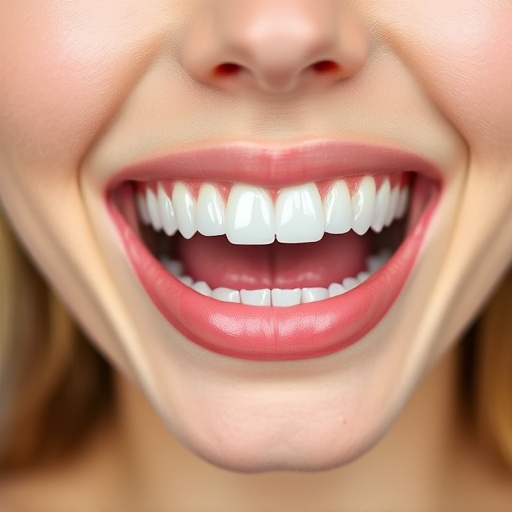
During a dental checkup and cleaning, your dentist will employ various advanced cleaning techniques tailored to detect early signs of decay and promote optimal oral health. This includes thorough brushing and flossing to remove plaque buildup, which is the primary cause of tooth decay and gum disease. Beyond the basics, modern dental practices utilize specialized tools like electric toothbrushes and water fluoridation to enhance the efficacy of cleaning.
Preventive dentistry plays a crucial role in maintaining your smile. Routine oral exams not only allow for early identification of potential issues but also facilitate proactive measures such as tooth repair. By addressing decay in its nascent stages, dental professionals can preserve teeth, avoiding costly and invasive procedures down the line. This holistic approach to oral care ensures that cleaning techniques are not just effective but also contribute to long-term preventive healthcare.
Regular dental checkups and cleanings are key to maintaining optimal oral health. By understanding the early signs of decay and leveraging professional examinations, combined with effective cleaning techniques, individuals can proactively prevent dental issues. These measures ensure a healthier smile and reduce the risk of more serious problems down the line. Incorporating routine dental care into your lifestyle is an investment in long-term oral well-being.
